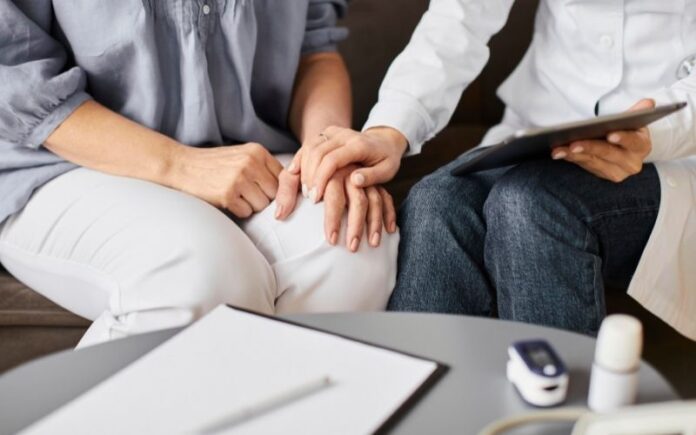They say it takes a village to raise a child, but how many people does it take to support a loved one in recovery? Substance use disorders are a rampant challenge in today’s society, a fact which is supported by professionals at the Impact Recovery Center. With more and more people seeking recovery programs, here are a few ways a family support group can enhance a person’s experience of recovery.
Be Open to Learning
By learning the tools that you can use to support your loved one in recovery, your family is immediately more supportive in the process. These tools include changes in the language you use to describe the experience of recovery or people in recovery or conflict resolution tools to help you come to peaceful conclusions during arguments. By allowing yourselves to become students again, you can help the entire process of recovery. Maintaining an open, teachable attitude in the process also indicates to your loved ones that you are right there with them. When they notice the recovery effort is one that happens in the community, it will increase their sense of belonging, too.
Figure Out New Ways to Cope
While studies are still taking place surrounding the effectiveness of peer support groups in long-term substance use disorder recovery, it doesn’t take a study to notice the positive effects a supportive family group can have on a person’s recovery journey. For optimal benefits, however, the support group must extend into a group where you share strategies to cope with the new stresses associated with recovery. Figuring out what the points of stress are is the first step. This can lead to deep introspection and examination of one’s inner life. Following the path from emotional distress to risky behavior is what informs our strategies for coping with everyday trouble. The next step involves mapping out a new way of dealing with emotional distress. These new ways could include reaching out to a sponsor or a designated contact person. You could also talk about important checklists for averting a crisis before it occurs.
Encourage More Support
For your loved one, even being a part of the family support group might have come after much deliberation and even more convincing. The work doesn’t stop there. The support strategies being offered by the recovery center your loved one chooses to go to aren’t always easy to follow. And beyond the family support group, they might also want to begin interacting with people their own age, or a group more suited to their particular demographic.
In these situations, a family support group can offer the necessary nudges to the person in recovery. While remembering that the recovery process can only be driven by that person, you can also ask them how best to give reminders and other helpful hints. Members of a family support group can also search for alternative support groups. This would not mean the end of family support or even the end of the family support group itself. It would merely indicate that your loved one is receiving the necessary support from a diverse array of sources.
As you move through the complex journey of having a loved one in recovery, your family support group can be a major helper in the process. By using the information available to you, and being supportive to your loved one, their recovery journey can be one filled with positivity and love. Ultimately, your family group support will be a light of hope during a dark, challenging season.





























